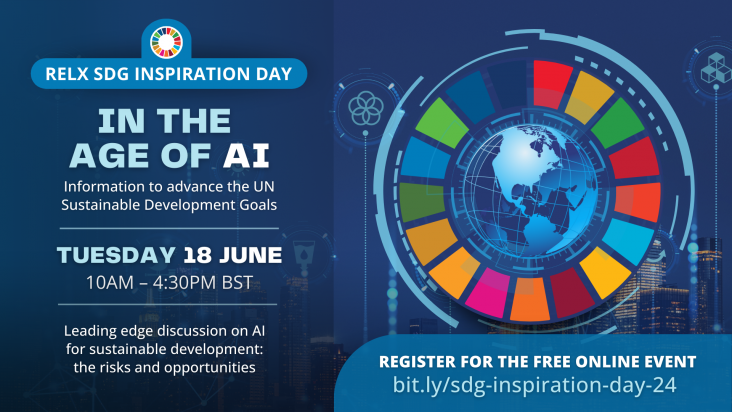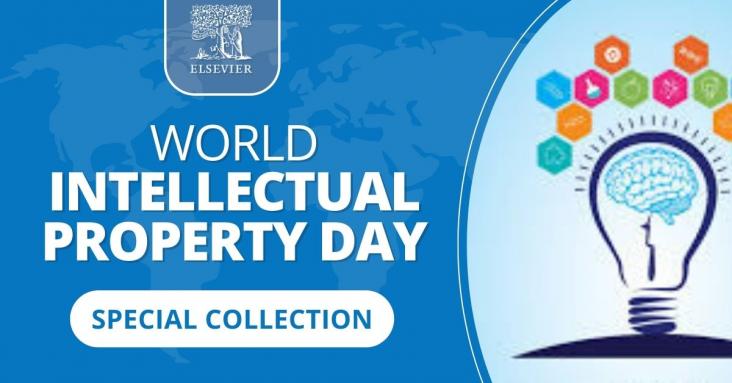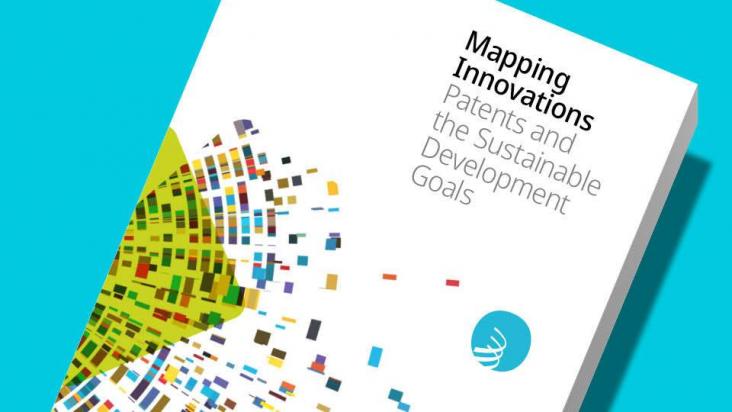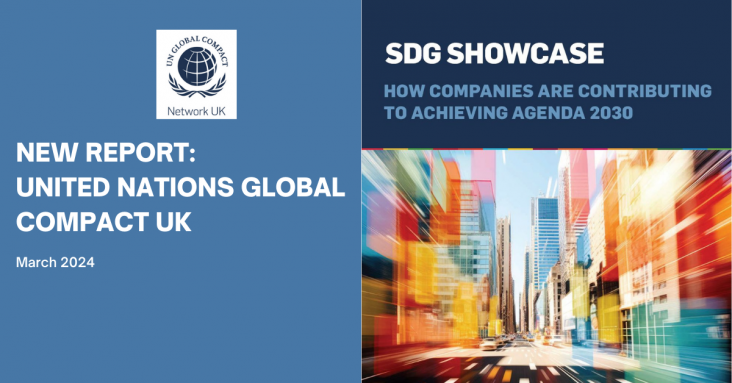
RELX SDG Inspiration Day 2024: Leading edge discussion on AI for sustainable development: the risks and opportunities
The tenth RELX SDG Inspiration Day - a free, online event for thought leaders, corporate representatives, students, investors, government and NGOs to explore issues, gain practical insights and be inspired to take action in support of the UN Sustainable Development Goals.

AI holds tremendous potential for advancing the United Nations Sustainable Development Goals (SDGs). AI, particularly generative AI, provides new opportunities to analyse data and trends at pace a

World Intellectual Property Day, observed each year on 26th April, is an opportunity to celebrate the contributions made by inventors and creators around the world and to explore how IP contributes

This comprehensive report produced by World Intellectual Property Organization (WIPO) presents an extensive analysis of patents mapped to the United Nations Sustainable Development Goals (SDGs).

Since 2017 HPCC Systems has taken part in Kennesaw State University’s annual Hackathon for Social Good held at the Joe Mack Wilson Student Center, Marietta Campus. The goal of this hackathon is to connect students with companies through workshops and mentoring to achieve a final product that can in some way help the community. This year was no different and in fact, was the most in-depth challenge HPCC Systems has offered so far. This year the Help Missing Kids Challenge was introduced.
The study forecasts AI-based innovation's impact on SDGs in 22 countries from 2022 to 2030 using System Dynamics Modeling. In most of the 22 countries studied, AI-based innovation positively affects SDGs 1, 3, and 5. For half of the countries studied, AI-based innovation positively influences SDGs 2, 4, 6–8, 11, 13, and 16–17. AI-based innovation does not positively influence SDGs 10, 12, 14–15 for most countries studied.
This chapter aligns with Goals 9 and 14 by studying the risk-based assessment methods associated with health, safety, and environmental protection of engineering structures and infrastructure, discussing how to prevent and mitigate oil and gas leaks, fires, explosions, and more.

In recent years, increased expectations from investors, regulators, employees, and customers have put significant pressure on companies to increase their sustainability efforts.
The Sustainable Development Goals (SDGs) are not just another sustainability framework, but the only universally agreed blueprint to turn meaningful ambition into transformational change. However, businesses report difficulties in integrating the SDGs into their core strategies and in understanding, reporting, and managing their impact on the Goals.
World Intellectual Property Day 2024 is highlighting the critical importance of intellectual property (IP) in catalyzing the human innovation and creativity needed for achievement of the United Nations Sustainable Development Goals (SDGs). This study provides an overview of the key debates and the recent evidence on the societal role of Intellectual property rights (IPRs).
Large language models (LLMs) are positioned to become another destination for those seeking medical information. Consequently, the readability of these materials becomes an important factor in ensuring their effectiveness in promoting health literacy, given that the average American reads at the eighth-grade level. Supports SDGs 3 and 10.
